As an Art Director, I give a lot of portfolio reviews, to all kinds of artists, at all levels. Between various events and conventions in a normal year I can do 500+ easily. This was anything but a normal year, so I haven’t done any in person, but I did get in over a hundred virtually in 2020. I talk to the greenest of newbies, even teens. And I talk to some pros that do show me their portfolio but I hesitate to even call it a portfolio review so much as a work conversation because I am certainly not critiquing their work so much as talking about how it does or doesn’t overlap what I need at Orbit Books.
But I digress. I wanted to ask you, see if you can guess: Do you know the hardest portfolio review to give?
Most people would say the hardest portfolio reviews are the least skilled artists. Nope. Often they’re young, in which case they’re not really bothered by anything you say because they know they have a ton of time. The rest fall into the self-aware and the not-self-aware, and both are looking for confirmation. If they know their work isn’t there yet, they’re usually very eager sponges, ready to absorb any help or industry biz you can give them. If they’ve got an inflated sense of where their art is, there’s a ton of ways to be honest but not mean about it. They might accept it or they might not, but that’s not really the reviewer’s responsibility.
On the opposite side of the spectrum, people might say the best artists are the hardest portfolio reviews — what can you say that they don’t already know? Well either they just want to know they’re on my radar — usually they are, but sometimes a pro in another field I don’t know as well surprises me, or someone whose work I know wants to talk to let me know they’re specifically interested in SFF, which is always fun to hear and leads to interesting collaborations. Sometimes they want to know why I haven’t worked with them at Orbit yet, and sometimes it’s a matter of the right manuscript not coming up yet, but sometimes it’s a stylistic thing, and I’m always happy to point that out. Someone’s work can be magnificent, yet not what a specific company is looking for, or often needs. For example, I love many creature concept artists, but I rarely have creature book covers to give out. That always leads to at least an interesting conversation, and sometimes it leads to seeing work I hadn’t seen before, that the artist didn’t think to promote.
So that leaves the middle. The folks in the middle are the biggest challenge and can often be the most rewarding portfolio reviews. Most of the pieces of the puzzle are there, but they usually need to be shifted around a bit, polished up, or reprioritized. That’s when I can really share my knowledge of the industry and composition and trends and how editors and authors and publishers think. There are many better people to get reviewed by to talk about anatomy and values and brushstrokes and technical painting and drawing, but if you want to know what makes a book cover feel like a book cover, what styles and trends work best for book covers—I’m your gal. Usually folks “in the middle” are creating great art, but they haven’t considered what makes a book cover different from a Magic card or a concept art piece, and that’s my meat and potatoes.
But there’s a certain artist that I talk to, and they’re not exactly in the middle, and they’re not exactly in the secure pro camp yet. It’s the artists teetering on the edge of establishing their careers. It’s the artists that are looking for that “breakthrough” piece (although “The Breakthrough” is often a myth, but that’s a post for another time). The work is great. The compositions make sense for the industry and purpose they’re created for. Their style is unique. They’re doing everything right…but nothing is coming together. Clients aren’t calling. Art Directors aren’t responding to your promo emails (are they even getting them? are they ending up in spam?). You get the same amount of likes from the same followers no matter what you post.
I call this The “Keep Screaming Into the Void” Phase. And it’s something most pros have been through, but in my experience tend to forget quickly what it felt like. It’s that phase that can be a year, or multiple years, where sure, you’re getting work, but it’s not great work from your dream clients. It’s not paying great yet, or maybe it’s paying OK but it’s not what you want to be making at all. Nothing is clicking, and everyone you talk to says you’re doing great, kid, keep it up. AGHHHHHHHHH.
You doubt them. Maybe they’re just being nice. You doubt yourself. Maybe I’m not ever going to make it. You doubt your promo. Are you doing enough social media posting? Emailing to Art Directors? Should you work on your follower counts on instagram, get on twitter, google more client email addresses? Make more personal pieces? Enter more contests? YOUR FACE IS PRESSED UP AGAINST THE GLASS AND YOU CAN’T FIGURE OUT WHAT YOU’RE SUPPOSED TO DO TO BREAK THROUGH IT, WON’T SOMEONE JUST TELL YOU WHAT YOU NEED TO DO TO CRACK THROUGH THAT BARRIER?
The truth is, you have no idea if a dream client is about to call you the very next day for that amazing gig. You don’t know if all the promo your doing is working. You don’t know, and there’s very little external feedback at this stage. Frustrating as hell, right? For me too, because as a reviewer, there’s not much I can say to help, other than have faith. Keep doing what you’re doing. Keep Making Great Work, and Showing It To the Right People. And eventually it works. It always does. “Breaking through” might not look exactly how you expect, but it’ll happen, and sometimes it’s a subtle gradual build from there into solid work, and sometimes it’s an avalanche and you go almost immediately from WHY CAN’T I GET WORK to HOLY SH*T HOW DO I MAKE THESE DEADLINES all at once. That turning point is also only half in your control. Your work has to be good and out there to find, but the right person needs to get the right assignment to look for the same kind of artist you are. Many artists have “broken through” at a certain time because a more established author wasn’t available. There’s no way you can control that. So focus on what you can control: Making Great Art, Getting it Out There.
This is the time to not doubt the compliments you’re getting, but press people (politely) when they say that: Do you have a suggestion of what else I could be doing? Do you think my work is ready to be hired by X? Do you have any suggestions of ADs or clients I should be targeting with my promo? It never hurts to ask. The best thing to get at this stage is some perspective you can’t get from being so close to your own work. People are happy to give advice when they think someone genuinely wants to hear the truth. Otherwise people are a little guarded – remember most people don’t want honest but potentially rough advice, and the folks that give the best advice don’t throw it around unless you make it clear you are ready to take it.
Also if you are truly at this stage you’ll hear wildly different advice from people in the industry. When there’s obvious things to work on in your art, most of the advice will overlap into a nice venn diagram. But at this stage it’s not really about your work it’s about being int he right place at the right time, and most people will give advice that worked for them at that stage. But the funny thing I’ve realized from talking to a lot of ADs and artists is that artists often don’t know what really happened to tip them over the edge. They just…started getting work steadily from better and better clients. Retroactively they might try to piece together the path, but a lot of times there was too much chance involved to really know. And again, everyone’s pace through this stage is wildly different.
And remember the 3 Golden Rules of Freelance: Be Good, Be Nice to Work With, and Be On Time. If you are those things most of the time once work starts coming in, you’ll turn a trickle into a flood.
So in those hardest portfolio reviews, all I can do is cheerlead a bit. Every one of the successful artists you see working in the fields you want have been there. And they made it through. But a lot of artists you’ve never heard of gave up at this very stage because it’s so hard to keep going on faith.
Have faith, and Keep Screaming Into The Void, because I promise it’s going to scream back before you know it.


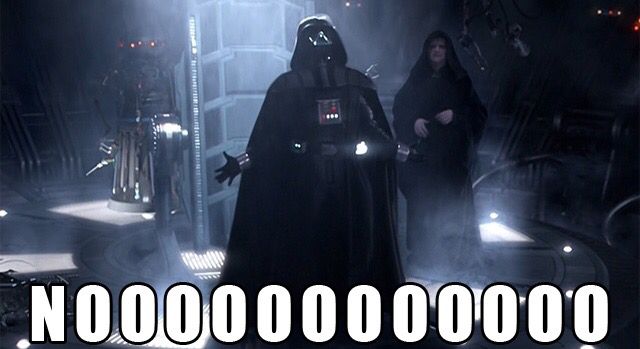





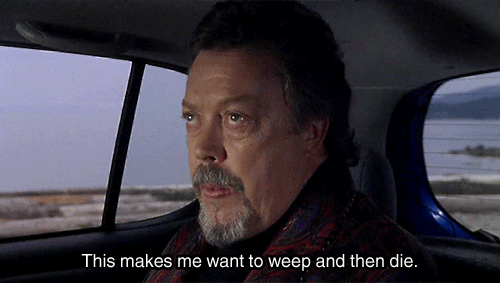

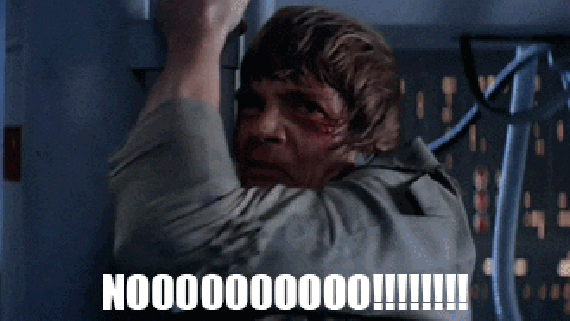
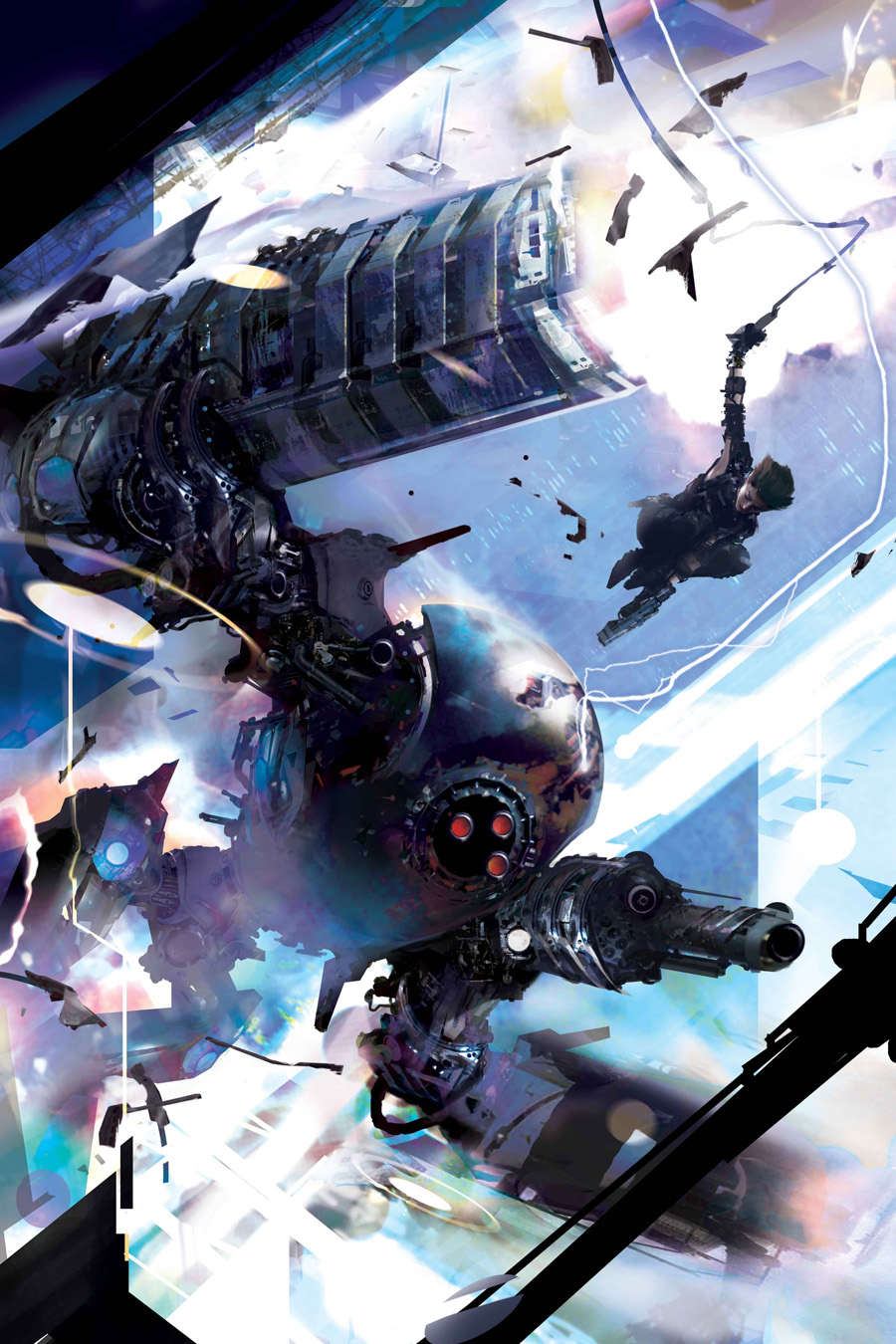
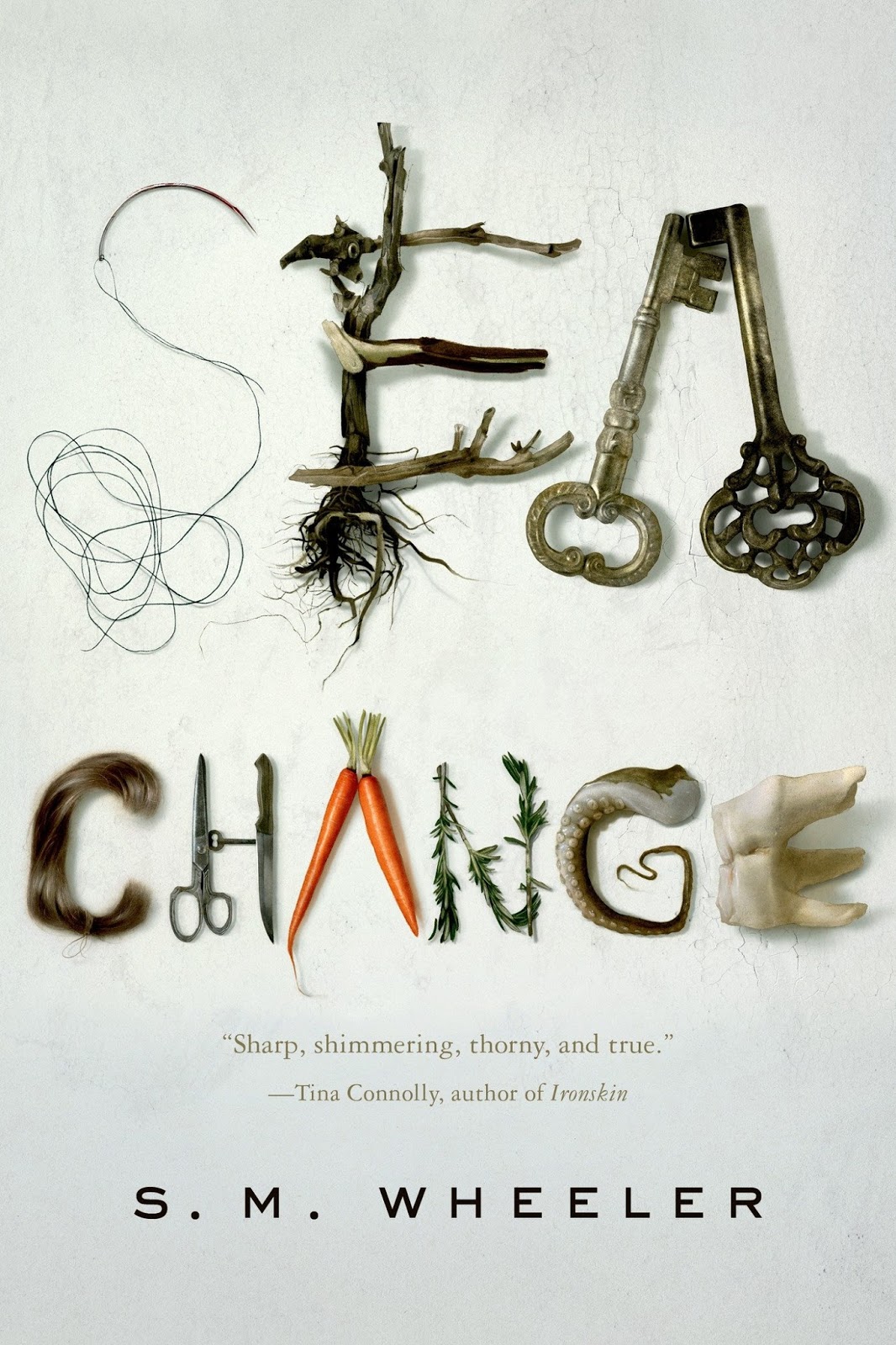
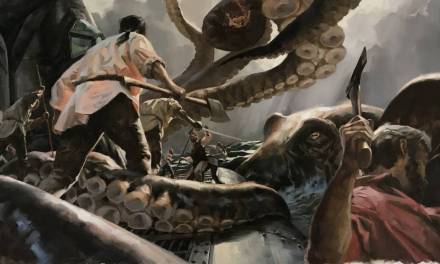
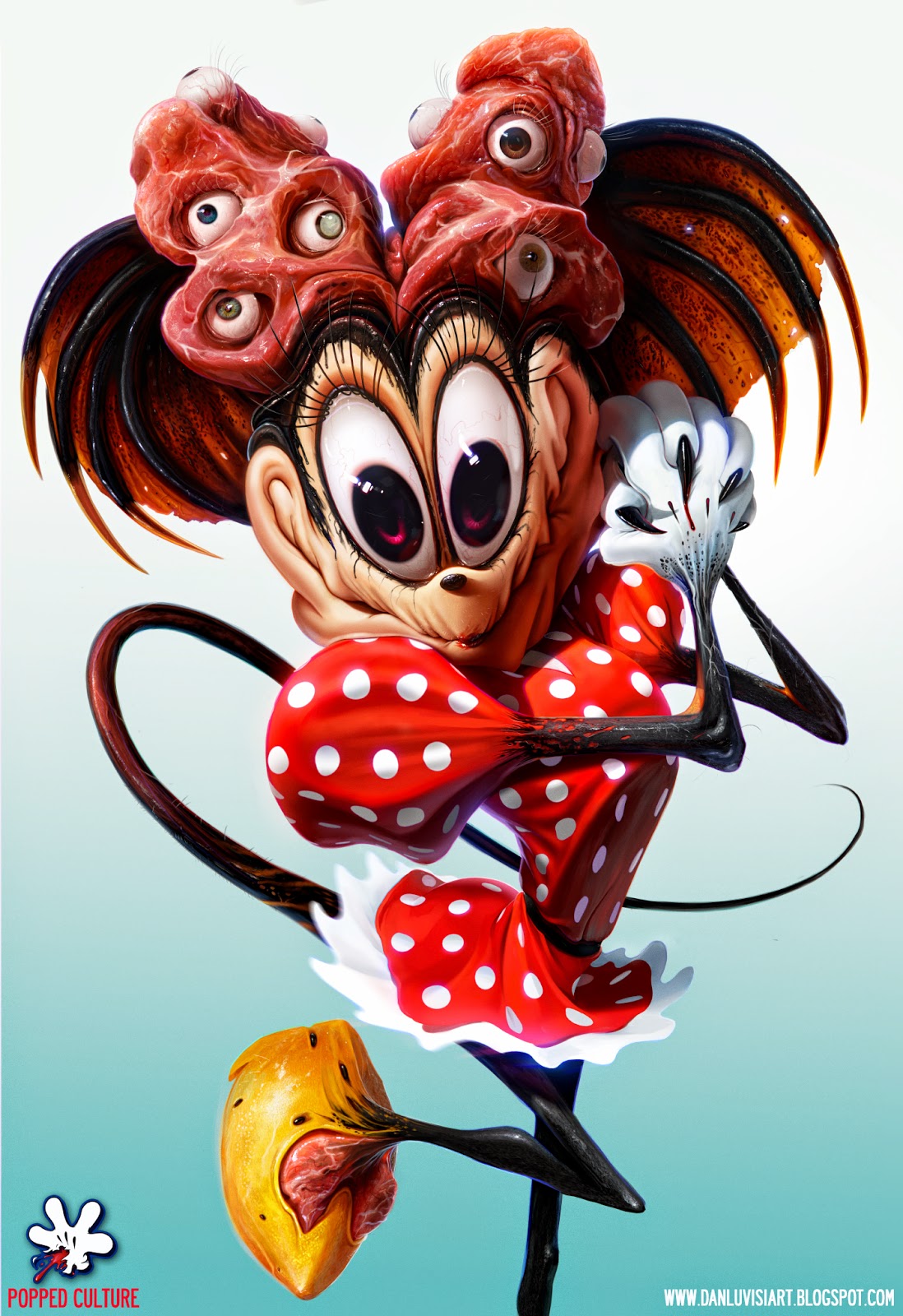
LOVE this post and really appreciate it. I feel like this has been me for such a long time. I do get freelance work from conventions, Reedsy, etc. However, they all are from independents. Nothing major (except one gig from Funimation… which was more of a painting gig than a design one) but still plugging away. Fortunately, my product lines are my main income and sometimes that brings in freelance work.
Still.. I can see about that Screaming into the Void. There are definitely days that I feel like no-one is listening and then… wham…. another gig comes in.
I have found the more unique your voice is the longer it takes sometimes. Hang in there!
This was a wonderful article Lauren. Really encouraging, and definitely needed to read this at the moment! Thanks for writing it 🙂
My pleasure, glad it helps!
The real problem is the market. Why isn’t there more need for armored pugs or flying narwhal? Thanks for this post Lauren. Always great info for my students and the rest of us.
If I ever have need of a narwhal, flying or otherwise, I’ll email you so fast my fingertips will be scorched. <3
I needed to hear this today. Thanks!
Hang in there!
Great post, and very timely! I know I’m not the only artist out there wondering, at the beginning of a new year, how to level up my career and portfolio.
Is anyone NOT worrying about that at this time of year, in THIS YEAR? Anxiety central.
I think I’m in the sponge phase instead of looking for The Breakthrough, but the anxieties are all right there, exactly as listed. Thanks for the hope and the timely insight.
Thanks heaps, Lauren!
I’m at the beginning, again. I mean, I want to change direction, change my portfolio, and change my lifestyle.
I’m glad I read this article, because I’m at the stage where my faith is frail it is 1 candle in a thunderstorm. I will keep going now, than you!
I’ve been stuck in the middle phase for a decade now. I’m so glad your talking about it because so many artists give so little advice on this or say they never went through it. Will Terrell’s “how to get good feed back” video being a great resource. Whats frustrating is its mostly not that your doing it “wrong” your just not doing it in an inspiring way and that’s a problem very few can help fix. Unfortunately for me, those people are out of my reach or don’t explain in a way that makes sense to me. Worse is seeing hundreds of other artists doing what I love better than I thought possible making me question “why should anyone care if what I have to offer isn’t even good, idea or craft wise?” Or “how do you even practice that?“In my experience I found social media less to be a community to learn but rather a place to promote and sell.For now my motto is I won’t post until if and when I can make great art, if I never do I’m completely ok with that. I’d rather be a happy hobbyist and never post than constantly worry about changing site policies and rules, software issues and peddling work I don’t even care about. Its been the best decision I feel I ever made.
I’ll check out that video, thank you. But remember, no one can really tell you where to go if you’re really in this stage – I think the answer is usually not to look out trying to figure out what people want so much as look in and dig deep and figure out where your art needs to go to make you really deeply thrilled with it. I was talking to Iris Compiet about this stage on Twitter when I reposted this article – that’s exactly what she (and many artists) went through. Your art has to inspire you first, and if it really is then other people feel it as well. Good luck, keep digging.
Thanks for this post, it’s very encouraging to hear!
Dear Lauren
I cannot count how many times I am struggeling with a problem, and when opening muddycolors, bang there it is, in an article. The universe works!
I am an adult, who doesnt cry a lot, but thonestly this post did press out a tear…
I am exactly one of those artist you describe, and it just feelt so good to hear you say it. It gives me the strenght to keep on.
I have made this pact with myself, eventohugh “big ass game studio” doesnt call for now, nobody is going to keep me from doing fantasy art., so right now I do part time client work and half personal stuff.
While wiating for that breakthrough.
Thank you so much for this article…..and how do I get you to review my portfolio:)
I’m so glad this caught you when you needed it! But also remember, you’re not the only one. Far from it…I write about things I know so many artists are struggling with and all talking about.
As far as portfolio reviews, we’re working on the online platform still. there’s been some massive bugs. But as soon as it’s public, we’ll post about it here!
Thank you, Lauren. Its always nice to hear encouraging words when in despair. I keep busy with fine art (portraits) and show and have my own art studio/ gallery however SFF is where my HeArt is.
Its hard to build a SFF portfolio when busy making ones income with fine art.
Please let me know when the online platform is up for portfolio reviews.
P.S. I’m happy to see you doing well since IMC 2012.
Nice Blog